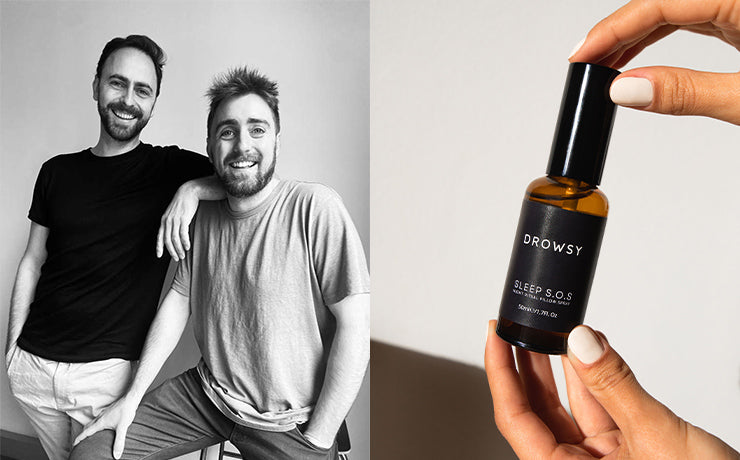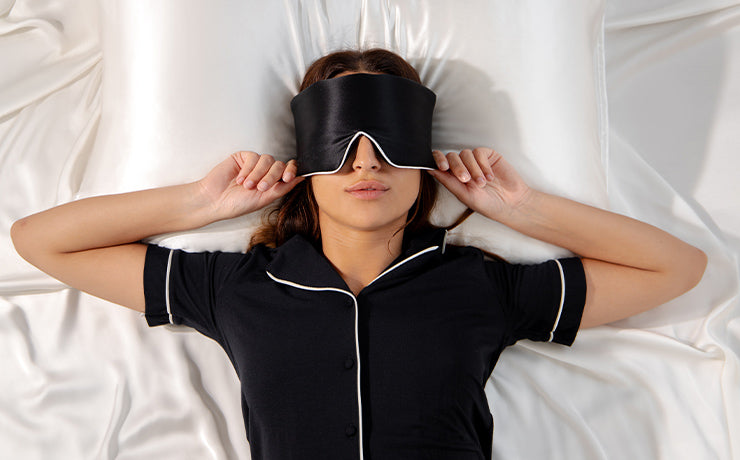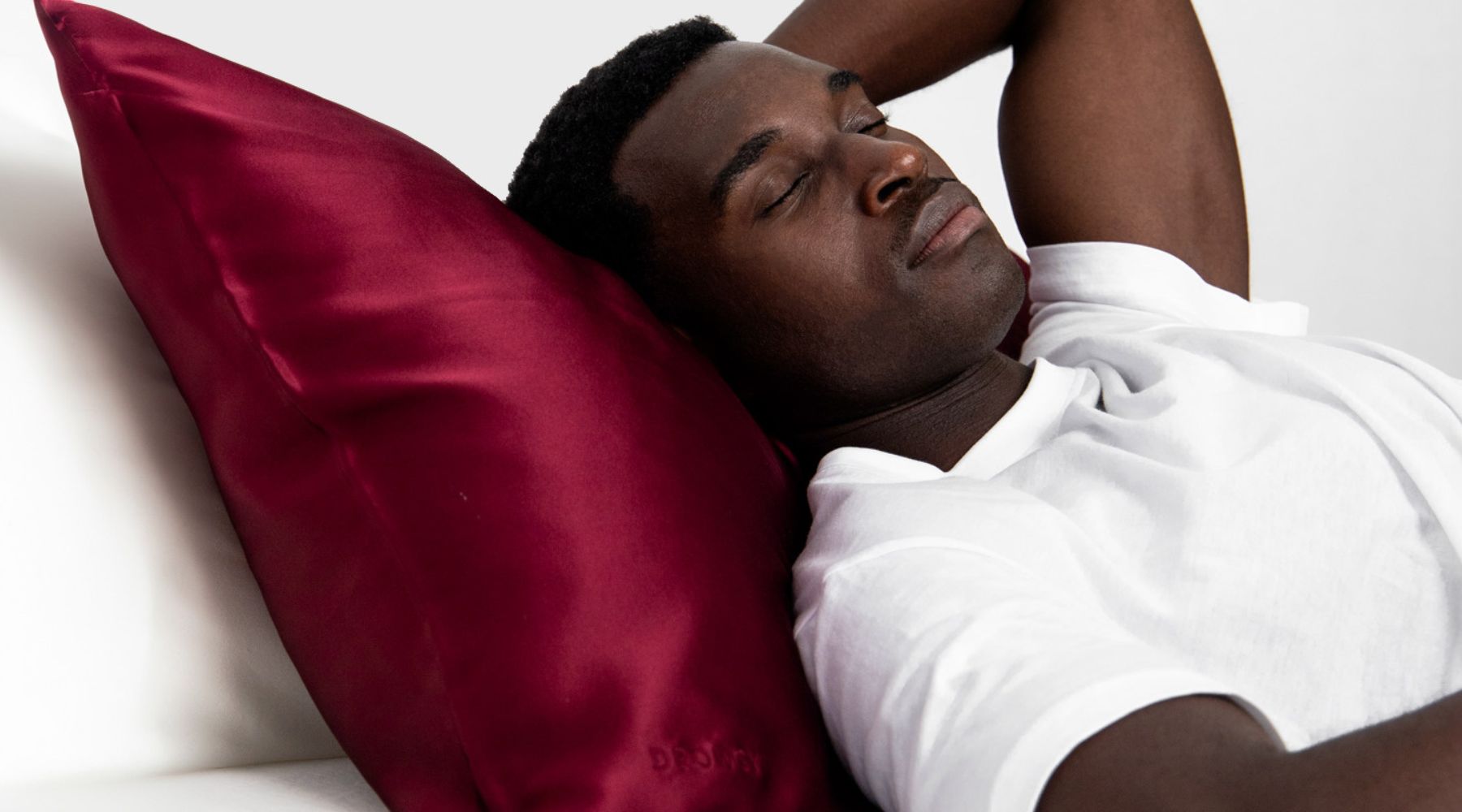Sleep myoclonus: understanding its causes and treatments
You know that strange feeling when you're about to fall asleep, and then all of a sudden—bam!—your body jerks awake as if you've just fallen off a cliff? That's sleep myoclonus. It's that quick, involuntary twitch or jerk movement that can wake you up in a panic when you're just about to fall asleep.
While it can be a bit unsettling, it's usually harmless. However, in some cases, it may indicate an underlying health condition. So, let's break down what causes sleep myoclonus, when you should be concerned about it, and what you can do about it.
What is sleep myoclonus?
Sleep myoclonus occurs during sleep as sudden, involuntary muscle spasms. These jerks, also known as hypnic jerks or sleep starts, are most common in the first stage of non-REM sleep. They can occur in any area of the body but typically involve the legs, arms, or entire body.
Most people experience sleep myoclonus at some point in their lives, and it's usually nothing to worry about. However, when the twitches become frequent, intense, or disruptive, they may be associated with an underlying condition.

Types of myoclonus and their links to neurological disorders
Sleep myoclonus is just one kind of muscle jerk, but there are many other types, some harmless and others linked to serious neurological conditions. Here are some of the most common forms of myoclonus:
-
Epileptic myoclonus: Seen in juvenile myoclonic epilepsy and progressive myoclonus epilepsy, often occurring with seizures.
-
Essential myoclonus: A mild, hereditary form not linked to neurological disorders.
-
Palatal myoclonus: Causes throat muscle twitches and ear clicking, persisting even in sleep.
-
Positive myoclonus & reticular reflex myoclonus: Sudden muscle contractions, sometimes triggered by movement or reflexes.
-
Stimulus-sensitive myoclonus & physiological myoclonus: Jerks triggered by lights, sounds, or normal body functions like hiccups.
-
Spinal cord myoclonus: Originates in the spinal cord, often affecting the lower body.
-
Metabolic disorders & myoclonus: Imbalances from conditions like kidney disease can trigger myoclonus jerks.
What causes sleep myoclonus?
Although the exact cause of sleep myoclonus isn't fully understood, experts believe it's connected to the brain's transition from wakefulness to sleep. During this time, the nervous system slows down, and the body relaxes. Other theories suggest that the brain misinterprets this relaxation as falling, triggering a reflex to "catch" yourself before hitting the ground. Here are some common factors that may contribute to sleep myoclonus:
1. Stress and anxiety
A busy mind can translate into an overactive nervous system, and that makes you more susceptible to sleep disturbances like myoclonic jerks. If you're headed to bed with racing thoughts or are feeling particularly stressed, you might experience more frequent twitches.
2. Caffeine and stimulants
Have you had an after-hours coffee or energy drink? Stimulants, including caffeine, can put your nervous system on high alert, making myoclonic jerks more likely.
3. Exercise before bed
A strenuous workout before bed can leave your muscles in a state of heightened activity, making you more prone to involuntary muscle contractions as you fall asleep.
4. Poor sleep hygiene
Long sleeping hours on weekends combined with insufficient good sleep during the week can disrupt your sleep routine, making you more prone to myoclonic jerks.
5. Medication side effects
Certain medications, particularly those affecting the nervous system (such as antidepressants or stimulants), can increase the frequency or severity of sleep myoclonus.
6. Neurological conditions
In some rare cases, sleep myoclonus may be associated with movement disorders such as Parkinson's disease, epilepsy, or restless leg syndrome. If the jerks are strong, happen many times a night, or are associated with other symptoms like tremors or daytime sleepiness, it's a good idea to see a doctor.

Is sleep myoclonus dangerous?
For most people, occasional sleep myoclonus is normal and harmless. However, if the jerks are severe, frequent, or disrupting your sleep, they may signal an underlying issue. Seek medical advice if you experience:
-
Frequent or violent jerks that wake you up multiple times a night
-
Daytime fatigue or excessive sleepiness
-
Other neurological symptoms like tremors or difficulty controlling movements
How to reduce sleep myoclonus
If sleep myoclonus is interrupting your sleep, here are some ways to minimize it:
-
Stick to a consistent sleep schedule: Going to bed and waking up at the same time daily helps regulate your sleep cycle.
-
Limit caffeine and stimulants: Avoid coffee, energy drinks, and other stimulants in the afternoon and evening.
-
Wind down before you sleep: Engaging in calming activities, like reading or meditation, can ease your transition into sleep.
-
Avoid intense exercise before bed: Finish workouts at least a few hours before bedtime.
-
Create a sleep-friendly environment: Maintain a cool, dark, and quiet bedroom. A cozy mattress and pillow can also make a difference.
-
Limit screen time: Blue light from phones and TVs disrupts melatonin production, making it difficult to fall asleep.
Sleep myoclonus: the final verdict
Sleep myoclonus is common and usually harmless, but that doesn't make it any less frustrating, especially when it interrupts your rest. Small changes, like setting a wind-down routine or reducing late-night screen time, can make a big difference in how rested you feel. Focus on creating a calming space and prioritizing rest. Good sleep starts with how you prepare for it.






